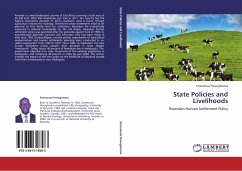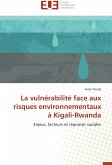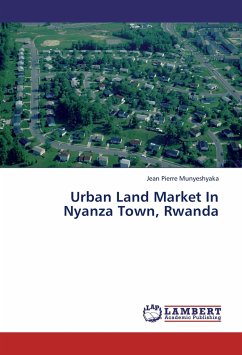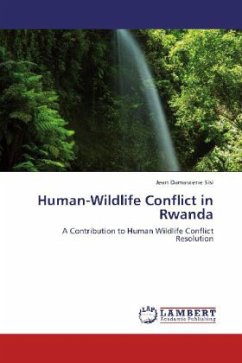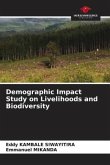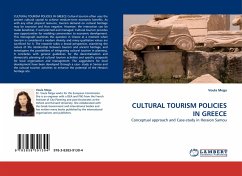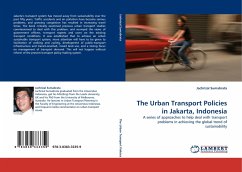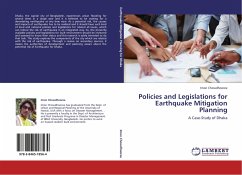Rwanda is a small landlocked country of East Africa covering a total area of 26 338 km2. With 450 inhabitants per km2 in 2011, the country has the highest population densities of Africa mainland. Land is scarce, though agriculture remains the mainstay. Therefore human settlements need to be planned to free fertile land for cultivation. Rwandan live traditionally scattered in isolated homesteads on the hill slopes. Rwandan human settlement policy was launched after the genocide against Tutsi of 1994, to accommodate genocide survivors and returnees who had been living in exile since 1959. During Belgian colonial period, experiments of agricultural modernization and human settlements planning were conducted in so-called "paysannats" from 1952 to 1972. Since 2004, to implement the new human settlement policy, people were grouped in large villages "imidugudu". Today, about 40 percent of Rwandans live in imidugudu. The government objective is to have 70 percent of the national population in imidugudu, and remaining 30 percent in cities by year 2020. The author analyses the impact of the new policy on the livelihood of displaced people from their homesteads to new imidugudu.
Bitte wählen Sie Ihr Anliegen aus.
Rechnungen
Retourenschein anfordern
Bestellstatus
Storno

